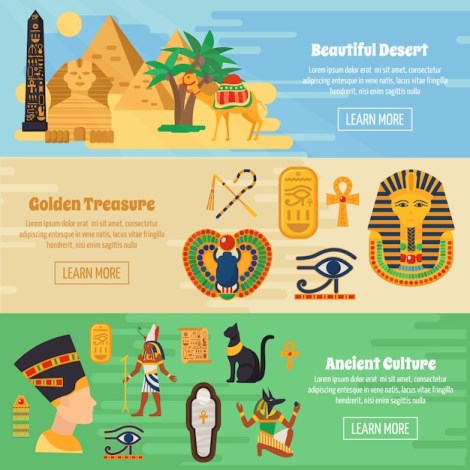Anubis – Fascinating Facts About the Egyptian God of the Underworld

Anubis is an ancient Egyptian god associated with mummification and the afterlife.
Anubis was often depicted with the head of a jackal and the body of a man.
Anubis was responsible for weighing the hearts of the deceased in the underworld.
Anubis was also known as the guardian of tombs and cemeteries.
Anubis was believed to protect the souls of the deceased on their journey to the afterlife.
Anubis was one of the most revered gods in ancient Egyptian culture.
Anubis played a significant role in Egyptian funeral rituals.
Anubis had a dual nature, serving as both a protector and a judge of the dead.
Anubis was associated with embalming and preserving the bodies of the deceased.
Anubis was often depicted wearing a ceremonial robe and carrying a flail or wand.
Anubis was believed to guide the souls of the deceased through the underworld.
Anubis was considered to be one of the most important deities in the Egyptian pantheon.
Anubis was sometimes referred to as the Lord of the Sacred Land.
Anubis had a powerful presence in Egyptian mythology and religious practices.
Anubis was often invoked for protection and assistance in matters of death and the afterlife.
Anubis was associated with the color black, symbolizing the unknown and the mysteries of death.
Anubis was believed to have been born from the union of Osiris and Nephthys.
Anubis was sometimes depicted as a dog-like creature, emphasizing his association with the jackal.
Anubis – Fascinating Facts About the Egyptian God of the Underworld part 2
Anubis was known for his unwavering loyalty and dedication to his duties.
Anubis was often depicted standing on a platform or shrine, overseeing the funeral proceedings.
Anubis was considered to be a wise and compassionate deity, guiding souls with his wisdom.
Anubis was often depicted in tomb paintings and sculptures, serving as a reminder of his important role.
Anubis was believed to be a companion of the dead, offering comfort and protection in the afterlife.
Anubis was associated with rituals and ceremonies related to death and mourning.
Anubis was believed to have the power to determine the fate of souls in the afterlife.
Anubis was often depicted with a pharaonic beard, symbolizing his connection to the ruling class.
Anubis was revered by both the common people and the pharaohs.
Anubis was believed to possess the ability to transform into a jackal, emphasizing his connection to the animal.
Anubis was associated with the protection of sacred artifacts and treasures in tombs.
Anubis was often depicted with a scepter, symbolizing his authority over death and the afterlife.
Anubis was known for his keen sense of hearing, believed to be able to hear the cries of the souls in need.
Anubis was often invoked in prayers and offerings to ensure a peaceful transition to the afterlife.
Anubis played a vital role in the process of mummification, overseeing the embalming and preservation of the body.
Anubis was believed to accompany the deceased throughout their journey in the underworld.
Anubis was associated with the cycles of life and death, symbolizing the eternal nature of the soul.
Anubis was often depicted holding the key to the underworld, signifying his role as the gatekeeper.
Anubis was worshiped in temples and shrines dedicated to his honor.
Anubis was often portrayed with a confident and stern expression, symbolizing his role as a judge of the dead.
Anubis was associated with the constellation Canis Major, representing the jackal-like shape of his head.
Anubis was believed to have the power to restore life to the deceased in the afterlife.
Anubis was often depicted with a finely crafted mask, representing the transformation of the deceased into a divine being.
Anubis was associated with the protection of sacred texts and the guiding of souls through the underworld.
Anubis was known for his wisdom and impartiality, ensuring a fair judgment of the deceased.
Anubis was believed to have the ability to heal the emotional wounds of the deceased, offering comfort and solace.
Anubis remains a symbol of death and the afterlife in modern popular culture.
